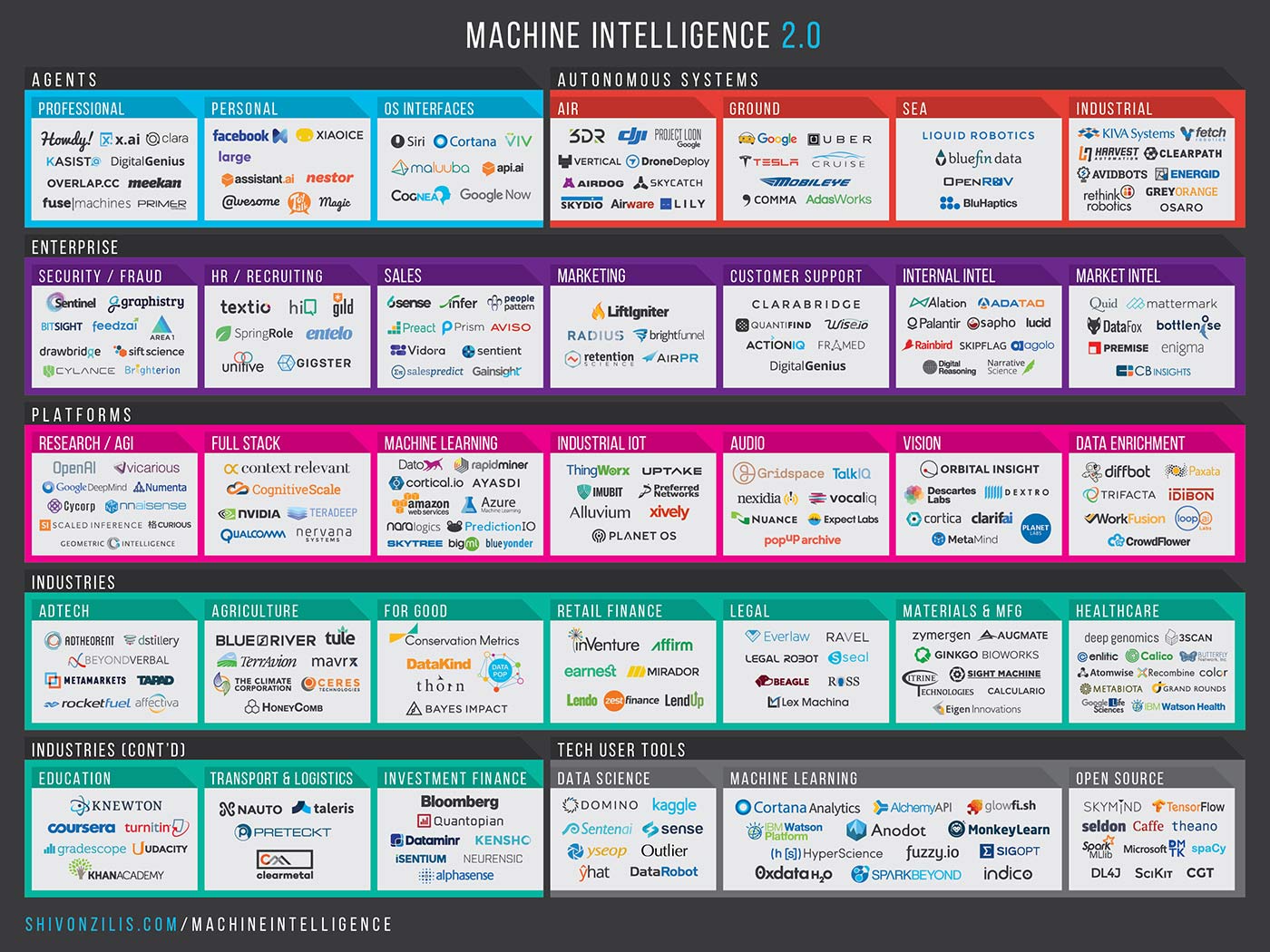Digital pioneer, Jaron Lanier, on the dangers of “free” online culture
Jaron Lanier, a keynote speaker at the WIPO Conference on the Global Digital Content Market from April 20 to 22, 2016, is a Silicon Valley insider, a virtual reality pioneer and one of the most celebrated technology writers in the world. But he is increasingly concerned about today’s online universe. He explains why and what it will take to turn things around.
What are your main concerns about the digital market today?
We have seen an implosion of careers and career opportunities for those who have devoted their lives to cultural expression, but we create a cultural mythology that this hasn’t happened. Like gamblers at a casino, many young people believe they may be the one to make it on YouTube, Kickstarter or some other platform. But these opportunities are rare compared to the old-fashioned middle-class jobs that existed in great numbers around things like writing, photography, recorded music and many other creative pursuits.
Economically, the digital revolution has not been such a good thing. Take the case of professional translators. Their career opportunities have been decreasing much like those of recorded musicians, journalists, authors and photographers. The decimation started with the widespread Internet and is continuing apace. But interestingly, for professional translators the decrease is related to the rise of machine translation.
Automated translations are mash-ups of real-life translations. We scrape the translations made by real people millions of times a day to keep example databases up to date with current events and slang. Elements of these phrases are then regurgitated into usable machine translations. There is nothing wrong with that system. It’s useful, so why not? But the problem is we are not paying the people whose data we are taking to make these translations possible. Some might call this fraud.
All these systems that throw people out of work create an illusion that a machine is doing the work, but in reality they are actually taking data from people – we call it big data – to make the work possible. If we found a way to start paying people for their actual valuable contributions to these big computer resources, we could avoid the employment crisis that otherwise we will create.
…
So what needs to be done to ensure a sustainable digital economy?
The obvious starting point is to pay people for information that is valuable and that comes from them. I don’t claim to have all the answers, but the basics are simple and I am sure it can be done.
Some sort of imposed socialist system where everybody is the same would be ruinous. We should expect some degree of variation. But right now a handful of people – those inheriting traditional monopolies like oil and the increasingly powerful big computer networks – have a giant chunk of the world’s wealth and it’s having a destabilizing impact. While an oil monopoly might control the oil, it won’t take over everything in your life, but information does, especially with greater automation.
If we expect computers to pilot cars and operate factories, the employment that is left should be the creative stuff, the expression, the IP. But if we undermine that, we are creating an employment crisis of mass proportions.
That’s where IP comes in. The general principle that we pay people for their information and contributions is critical if we want people to live with dignity as machines get better.
But IP needs to be made much more sophisticated and granular. It needs to be something that benefits everybody – as commonplace as having pennies in your pocket.
It is the only future that gives people dignity as the machines get better.
IP is a crucial thread in designing a humane future with dignity.
How would you like to see the digital landscape evolve?
I would like to see more systems where ordinary people can get paid when they contribute value to digital networks; systems that improve their lives and expand the overall economy.
Economic stability occurs when you have a bell curve, with a few super-rich people and a few poor people but most people somewhere in the middle. At present, we have a winner-takes-all situation where a few do really well and everybody else falls into a sea of wannabees who never quite make it. That’s not sustainable.
You are supporting the Conference on the Global Digital Content Market that WIPO is hosting. Why is that?
IP is a crucial thread in designing a humane future with dignity. Not everybody can be a Zuckerberg or run a tech company, but everybody could – or at least a critically large number of people could – benefit from IP.
IP offers a path to the future that will bring dignity and livelihood to large numbers of people. This is our best shot at it.
Who are your heroes and why?
There are many, but they include:
- J.M. Keynes, he was the first person to think about how to really manage an information system.
- E.M. Forster for The Machine Stops, written in 1907, which foresees our error with a very critical eye.
- Alan Turing, who stayed a kind person even as he was tortured to death.
- Mary Shelley who was a keen observer of people and how they can confuse themselves with technology.
And of course my friend Ted Nelson. He invented the digital media link and was perhaps the most formative figure in the development of online culture. He proposed that instead of copying digital media, we should keep one copy of each cultural expression on a digital network and pay the author of that expression an affordable amount whenever it is accessed. In this way, anyone could earn a living from their creative work.
What is your next book about?
Dawn of the New Everything: First Encounters with Reality and Virtual Reality is a memoir and an introduction to virtual reality. It will be out soon.

